Understanding Menopause
Menopause, a natural biological phenomenon, signifies the culmination of a woman’s reproductive journey. It occurs when the ovaries stop releasing eggs and produce fewer hormones like estrogen and progesterone. As a result, women experience a variety of physical and emotional symptoms, which can include hot flashes, night sweats, mood swings, vaginal dryness, and reduced bone density. These symptoms can be disruptive and affect a woman’s quality of life.
What exactly happens during menopause?
How does menopause affect a woman’s life?

What is the age range for menopause?
What are disadvantages of menopause?
Some disadvantages or challenges associated with menopause:
Physical Symptoms: Menopause often brings about uncomfortable physical symptoms such as hot flashes, night sweats, vaginal dryness, and sleep disturbances. These can disrupt daily life and impact overall well-being.
Emotional Changes: Hormonal fluctuations can lead to mood swings, increased irritability, anxiety, and even depression for some women. Managing these emotional changes can be challenging.
Bone Health: Reduced estrogen levels can result in a decrease in bone density, making women more susceptible to osteoporosis and fractures. This is a significant concern for postmenopausal women.
Cardiovascular Risks: Menopause can increase the risk of heart disease due to changes in lipid profiles and blood pressure. It’s important for women to monitor their cardiovascular health during this phase.
Weight Gain: Many women experience weight gain during and after menopause, which can be frustrating and may contribute to other health issues.
Sexual Health: Vaginal dryness and decreased libido are common issues during menopause, which can affect a woman’s sexual health and satisfaction.
Cognitive Changes: Some women report cognitive changes like memory lapses and difficulty concentrating during menopause.
While menopause has its disadvantages, it’s essential to remember that each woman’s experience is unique. With proper healthcare and lifestyle adjustments, many of these challenges can be managed effectively, and menopause can be a time of personal growth and empowerment.
What are the 3 stages of menopause?
Menopause is a gradual process that unfolds in three distinct stages:
Perimenopause: This is the first stage of menopause, often referred to as the menopausal transition, and it can start several years before menopause itself. Typically beginning in a woman’s late 30s or early 40s, perimenopause is characterized by fluctuating hormone levels, particularly estrogen and progesterone. These hormonal changes can lead to various physical and emotional symptoms, such as irregular menstrual periods, hot flashes, night sweats, mood swings, and sleep disturbances. It’s a challenging phase for many women as they navigate these symptoms while still dealing with their regular daily responsibilities.
Menopause: Menopause itself is a point in time when a woman has gone 12 consecutive months without a menstrual period. It usually occurs in the late 40s to early 50s, but the exact timing varies from person to person. At this stage, the ovaries have significantly reduced their production of estrogen and progesterone, leading to the cessation of menstruation and the onset of more consistent menopausal symptoms. While some symptoms may persist from perimenopause, others may become more pronounced, making this phase a clear marker of the end of a woman’s reproductive years.
Postmenopause: Postmenopause is the stage that follows menopause and represents the remainder of a woman’s life. During this phase, hormonal levels tend to stabilize at lower levels than during perimenopause and menopause. Many of the more bothersome symptoms, like hot flashes and mood swings, often subside or become less intense. However, the long-term health implications of reduced estrogen levels become more relevant, as women in postmenopause are at increased risk for conditions like osteoporosis, heart disease, and vaginal atrophy. Maintaining a healthy lifestyle and seeking appropriate medical care can help mitigate these risks and promote overall well-being during postmenopause.
Understanding these three stages of menopause can empower women to better manage the physical and emotional changes that come with this natural life transition while also taking steps to safeguard their long-term health.
Can you get pregnant during menopause?
Can periods restart after menopause?
While periods generally cease during menopause, it’s crucial to note that any vaginal bleeding or spotting that occurs after menopause should be promptly evaluated by a healthcare provider. In some cases, postmenopausal bleeding could be a sign of an underlying health issue, such as uterine fibroids, polyps, or even certain types of cancer.
It’s not typical for regular menstrual cycles to resume after menopause has been confirmed, but any unexpected bleeding should be thoroughly investigated to rule out any potential concerns and ensure a woman’s ongoing health and well-being.
Many women prefer to explore natural remedies to manage their menopausal symptoms due to concerns about the potential risks associated with hormone replacement therapy (HRT) and the desire for more holistic approaches to healthcare. Black Cohosh is one such natural remedy that has gained attention for its possible effectiveness in alleviating these symptoms.
Black Cohosh: Nature’s Hormone Balancer
What is Black Cohosh?
Black Cohosh (Actaea racemosa or Cimicifuga racemosa) is a plant native to North America. It has a long history of use in traditional Native American medicine and was later adopted by European settlers for its medicinal properties. The root and rhizome of the Black Cohosh plant are used to make dietary supplements, extracts, and herbal remedies.
How Black Cohosh Helps with Menopause Symptoms:
Hormone Regulation: Black Cohosh is believed to have mild estrogenic effects, meaning it can mimic the actions of estrogen in the body. During menopause, when estrogen levels decline, this herb may help balance hormone fluctuations, potentially reducing symptoms like hot flashes and mood swings.
Hot Flash Relief: Hot flashes are one of the most common and bothersome menopausal symptoms. Black Cohosh has been studied for its ability to reduce the frequency and severity of hot flashes in some women, making it a promising option for managing this symptom.
Mood Stabilization: Some women experience mood swings, anxiety, and irritability during menopause. Black Cohosh may have a calming effect on the nervous system, helping to alleviate these emotional symptoms.
Sleep Improvement: Sleep disturbances are another common complaint among menopausal women. Black Cohosh’s potential to relieve hot flashes and anxiety may indirectly lead to better sleep quality.
Soy Isoflavones: Plant Power for Hormonal Balance
Soy isoflavones are natural compounds found in soybeans and soy-based products that have gained attention for their potential benefits in promoting hormonal balance. These plant-derived compounds are known to mimic the action of estrogen in the body and can help alleviate some of the symptoms associated with hormonal fluctuations, such as those experienced during menopause.
Studies suggest that soy isoflavones may provide relief from hot flashes, mood swings, and other menopausal symptoms. Additionally, they may offer protection against certain chronic diseases due to their antioxidant properties. However, it’s important to consume them as part of a balanced diet and consult with a healthcare professional before considering them as a sole treatment for hormonal imbalances.
Exploring Evening Primrose Oil
Evening Primrose Oil (EPO) emerges as a fascinating option. Sourced from the seeds of the Evening Primrose plant, this oil contains gamma-linolenic acid (GLA), which has garnered attention for its potential to ease menopausal symptoms. Women going through this transitional phase often experience hot flashes, mood swings, and skin changes, and EPO is believed to help alleviate these discomforts due to its anti-inflammatory properties.
While research on EPO’s effectiveness for menopause is ongoing, many women find it worth exploring as a complementary approach to managing the challenges that come with this significant life change. As with any supplement, it’s advisable to consult with a healthcare professional to determine the best course of action tailored to individual needs.
Red Clover: A Natural Source of Relief
Red clover, with its vibrant blossoms and rich history in traditional medicine, has emerged as a natural source of relief for women navigating the challenges of menopause. This herb contains compounds called isoflavones, which can mimic the effects of estrogen in the body. As estrogen levels decline during menopause, red clover’s isoflavones can help alleviate some of the associated symptoms, including hot flashes and night sweats.
While it may not work for everyone, red clover offers a natural alternative for those seeking relief from the discomforts of this transformative phase of life, harnessing the power of nature to ease the journey through menopause.
Dong Quai: The “Female Ginseng”
Dong Quai, often referred to as the “Female Ginseng,” is a herb deeply rooted in traditional Chinese medicine and has earned its reputation as a valuable natural remedy for women’s health. Renowned for its potential to support various aspects of female well-being, Dong Quai is primarily known for its role in balancing hormonal fluctuations. Women have turned to this herb for centuries to alleviate menstrual discomfort, regulate irregular periods, and manage the symptoms of menopause, such as hot flashes and mood swings.
Its adaptogenic properties, often likened to Ginseng, are believed to help the body adapt to stress and maintain equilibrium. However, while Dong Quai offers promising benefits, individual responses can vary, and it’s essential to consult with a healthcare professional before incorporating it into your health regimen, especially if you have underlying health conditions or are taking medications.
The Power of Flaxseed Lignans
Flaxseed lignans, often overshadowed by their more renowned counterparts, have quietly gained recognition for their potential in mitigating menopausal symptoms. These plant compounds, abundant in flaxseeds, possess properties that can help balance hormones by acting as weak estrogen-like substances. In the midst of hormonal turbulence during menopause, flaxseed lignans offer a gentle, natural way to modulate some of the physical and emotional challenges women may face, including hot flashes and mood swings.
Incorporating flaxseeds into one’s diet can be a simple yet powerful step towards finding equilibrium in the midst of the menopausal transition, harnessing the inherent strength of nature for greater well-being.
Vitamins and Minerals: Essential Nutrients for Menopause
The Importance of Calcium and Vitamin D
The dynamic duo of calcium and vitamin D plays a pivotal role in maintaining strong and healthy bones throughout life. Calcium is the mineral responsible for bone density, while vitamin D helps the body absorb calcium efficiently. Together, they form a crucial partnership in reducing the risk of osteoporosis and fractures, particularly as individuals age. Beyond bone health, vitamin D also supports immune function, cardiovascular health, and even mood regulation.
Recognizing their importance, it’s wise to ensure an adequate intake of both calcium and vitamin D through a balanced diet, supplements if necessary, and exposure to sunlight for the body’s natural synthesis of vitamin D. This dynamic duo isn’t just about bone strength; it’s about overall vitality and well-being.
Vitamins B and Magnesium for Mood and Energy
B vitamins and magnesium are the unsung heroes when it comes to boosting mood and energy levels. The B vitamins, including B6, B12, and folate, play a vital role in converting food into energy and supporting neurotransmitter function, making them essential for a balanced mood and sustained vitality. Meanwhile, magnesium acts as a co-factor in over 300 biochemical reactions in the body, including those involved in energy production.
Together, these micronutrients help combat fatigue, enhance cognitive function, and promote a sense of well-being. Incorporating foods rich in B vitamins and magnesium or considering supplements when needed can be a natural and effective way to uplift both your spirits and your energy levels.
Meeting Nutritional Needs Through Diet and Supplements
Sage’s Role in Menopause Management
Sage’s Role in Menopause Management: Sage, a fragrant herb used in culinary and medicinal traditions worldwide, has shown promise in managing menopausal symptoms. Its natural compounds may help ease hot flashes and night sweats, providing much-needed relief for women going through this transition. Whether consumed in the form of sage tea, capsules, or incorporated into meals, it offers a herbal alternative worth considering for menopause management.
Easing Hot Flashes and Promoting Better Sleep
Easing Hot Flashes and Promoting Better Sleep: For menopausal women troubled by hot flashes and sleep disturbances, sage can be a game-changer. It’s believed to reduce the frequency and intensity of hot flashes, allowing for more restful nights. By calming the nervous system and improving sleep quality, sage contributes to a smoother menopausal journey.
Preparing Sage Tea
Preparing Sage Tea: Sage tea is a simple and effective way to harness the herb’s menopause-relieving properties. To make sage tea, steep fresh or dried sage leaves in hot water for about 10 minutes, then strain and enjoy. Sipping on a cup of sage tea daily can be a soothing ritual to help manage menopausal symptoms naturally.
Maca Root: Energizing Your Menopausal Years
Maca Root: Energizing Your Menopausal Years: Maca root, native to the Andes Mountains, has gained popularity as a natural energizer during menopause. This adaptogenic herb may boost energy levels and combat the fatigue that often accompanies hormonal changes. Whether added to smoothies or taken in supplement form, maca root can be a valuable ally in maintaining vitality and overall well-being throughout the menopausal years.
Understanding Chasteberry (Vitex)
Chasteberry, also known as Vitex, is a captivating herbal remedy with a history deeply rooted in traditional medicine. Derived from the fruit of the chaste tree, this botanical wonder has gained recognition for its potential to alleviate a range of women’s health issues. Chasteberry is particularly esteemed for its ability to help regulate hormonal imbalances, making it a popular choice for addressing premenstrual syndrome (PMS) symptoms, irregular menstrual cycles, and even certain menopausal discomforts.
Its mechanism of action lies in influencing the pituitary gland, which in turn can impact various hormone levels, offering a more holistic approach to women’s well-being. While scientific research continues to explore its full potential, chasteberry remains a natural ally for those seeking balance and harmony in their reproductive health.
The Importance of Medical Guidance in Menopause:
- Individual Variability: Menopause experiences vary, requiring tailored guidance.
- Symptom Management: Healthcare professionals offer strategies for managing symptoms like hot flashes and mood swings.
- Health Assessments: Medical guidance includes regular check-ups to monitor overall health during menopause.
- Hormone Replacement: Experts can discuss the benefits and risks of hormone therapy when appropriate.
- Emotional Support: Professionals provide emotional support to address mental health changes often associated with menopause.
- Long-term Health: Guidance ensures women make informed decisions to maintain their long-term health and well-being.
In conclusion, navigating the menopausal journey is a unique and often challenging experience for women. Seeking medical guidance during this transitional phase is of paramount importance. Healthcare professionals offer personalized advice, help manage symptoms, monitor overall health, and provide emotional support. They ensure that women make informed decisions about their well-being, including the potential use of hormone therapy when necessary. With medical guidance, women can approach menopause with confidence, maintaining their health and quality of life throughout this significant life transition.


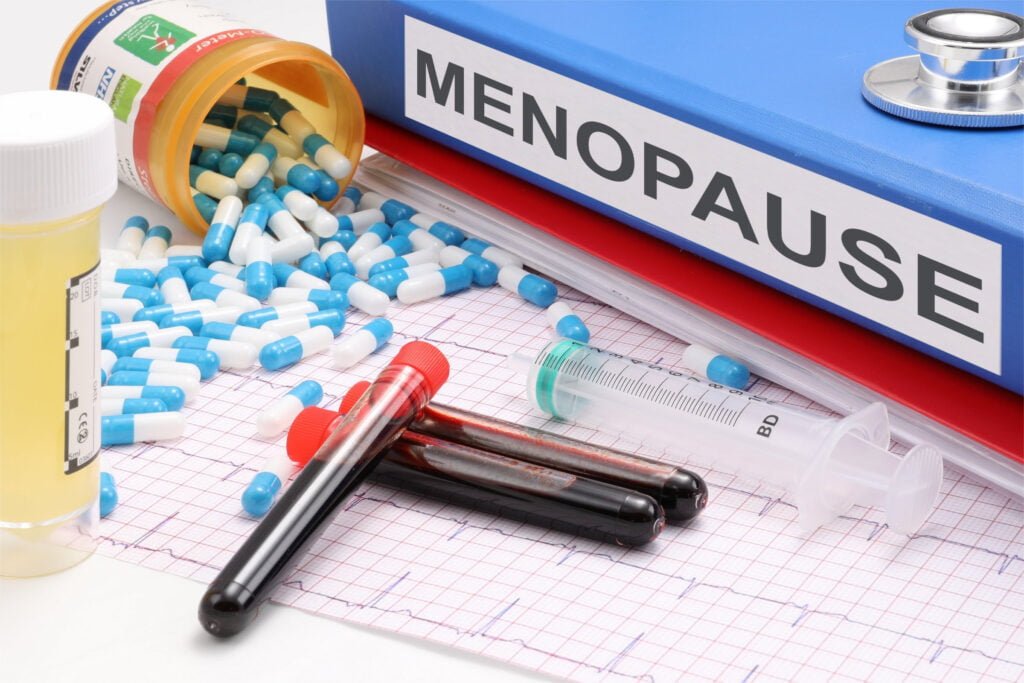
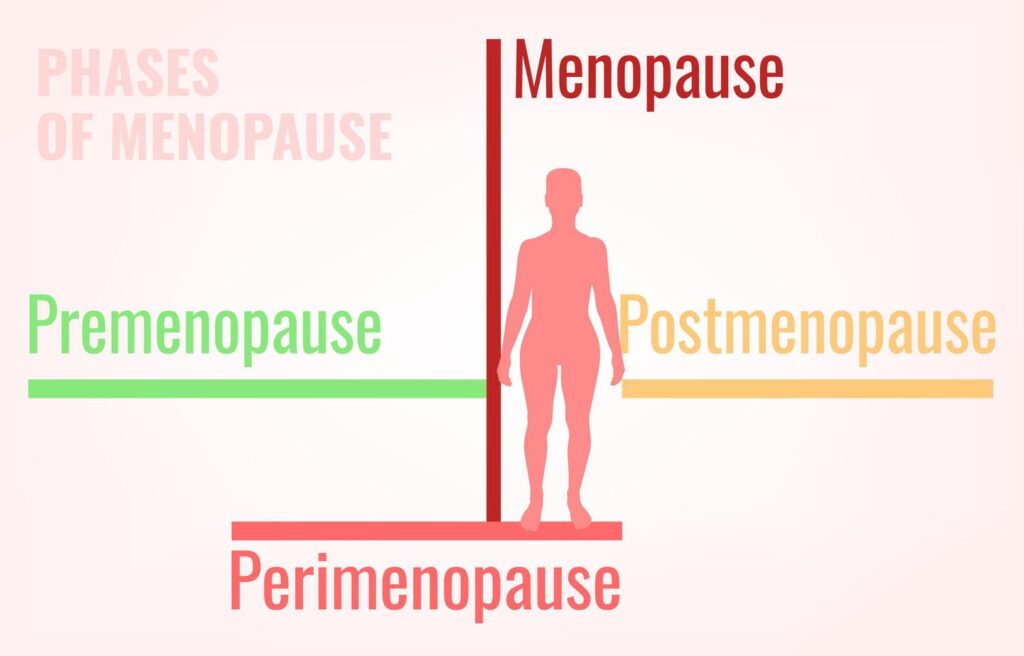



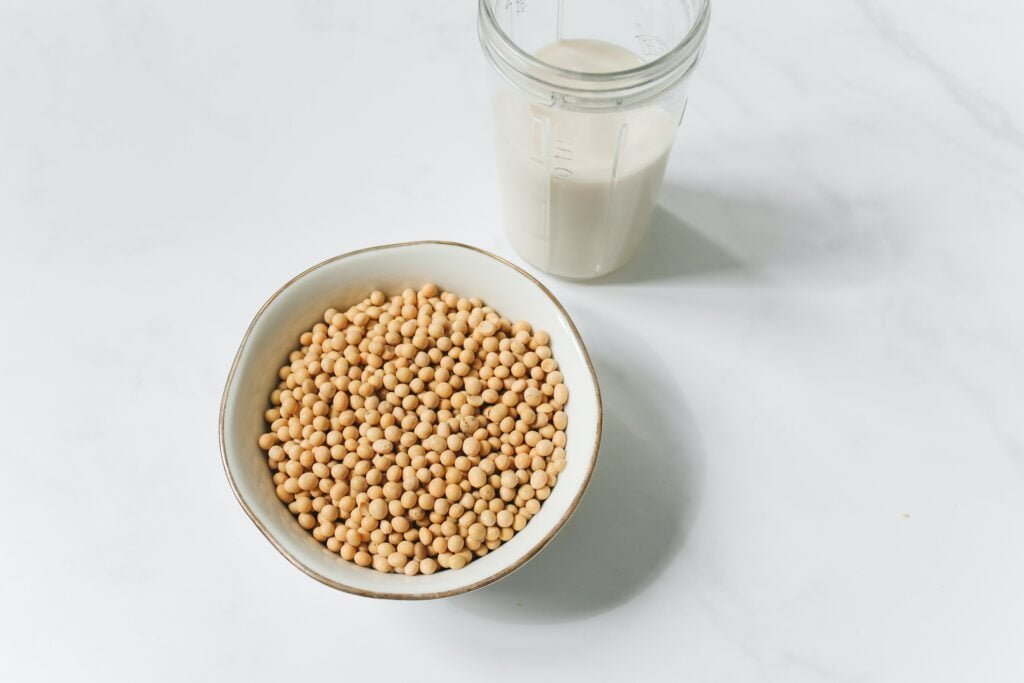

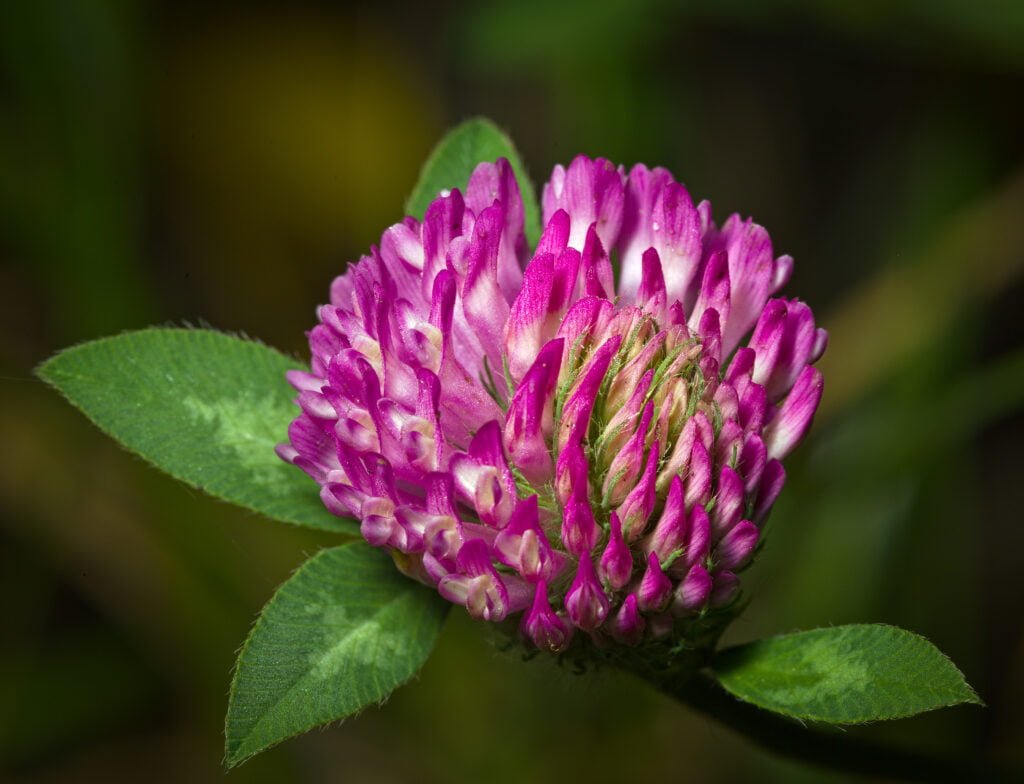





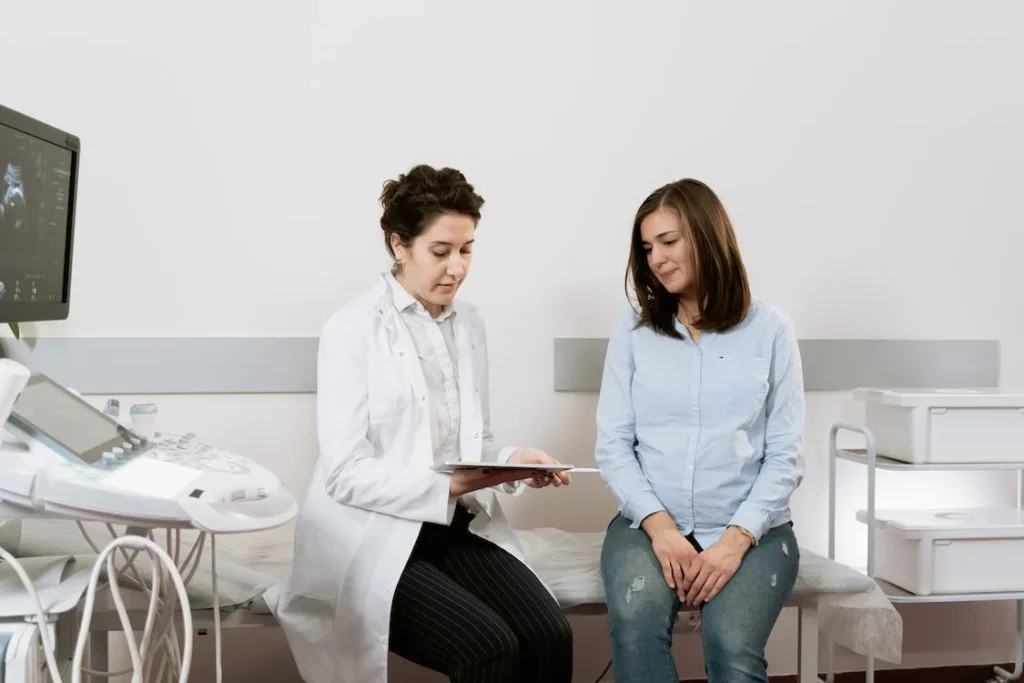
1 thought on “Elevating Your Menopause Journey: Natural Remedies and Supplements in 2025”